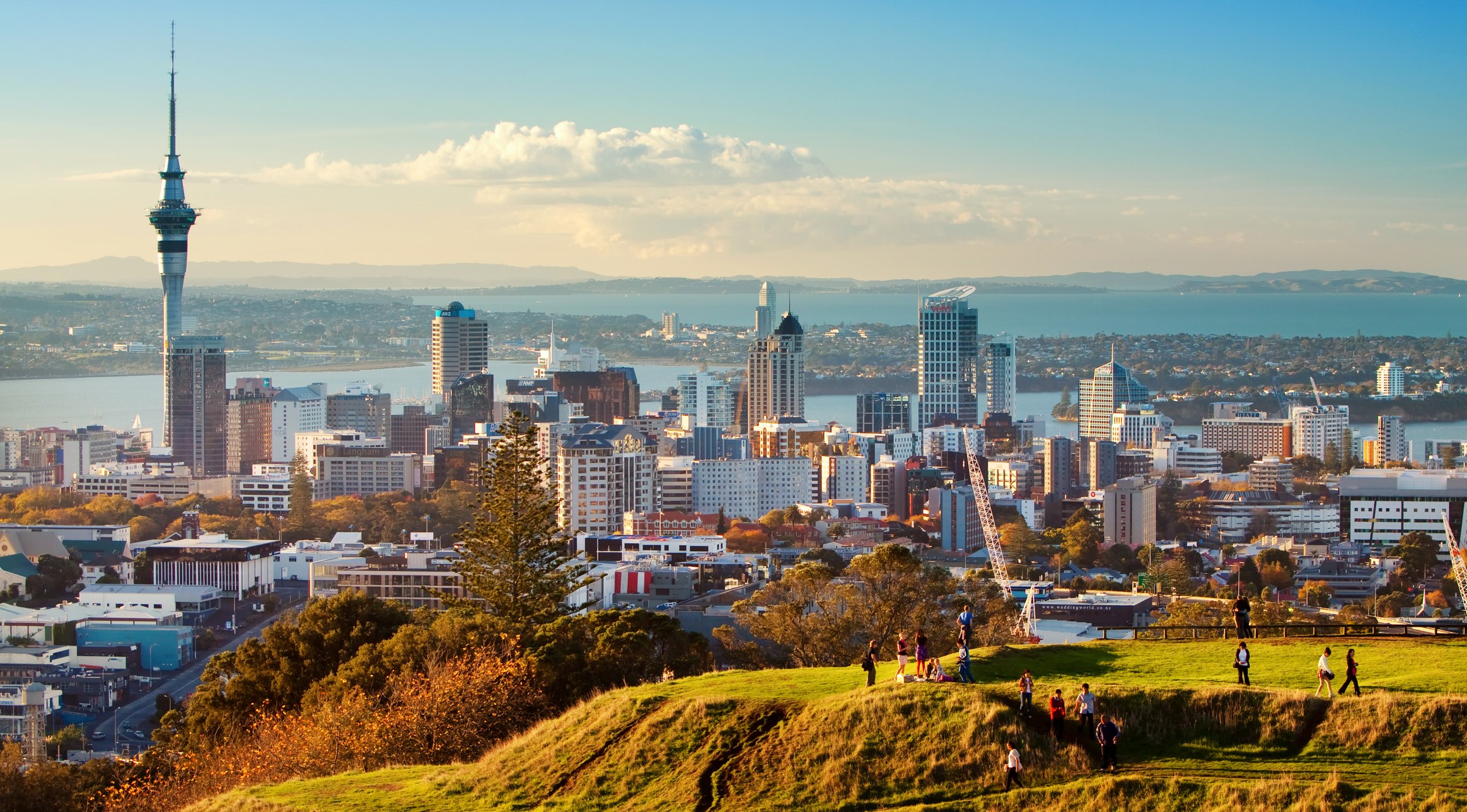Reading time: 5 minutes

New Zealand draws visitors from around the world, flocking to see the Lord of the Rings-esque landscapes and throw themselves out of planes attached to a skydiving instructor.
It may be only three hours away, but for many Aussies, the land across the ditch remains an unexplored destination. Here are a few things you should know before you go.
Getting into New Zealand
If you are flying into New Zealand on an Australian passport you will not require a visa to enter the country. You can find out more at New Zealand's immigration website. Because we're almost the same country (at least to most people outside Australasia), New Zealand and Australia have a reciprocal healthcare agreement, meaning you can get access to emergency healthcare while you're there. However, this isn't a replacement for travel insurance – 'she'll be right' will only get you so far.
New Zealand culture
Despite what the guidebooks may say, for the majority of your interactions with Kiwis, you won't find yourselves needing to converse in Maori. However, Maori culture is interwoven into New Zealand life, and the language, also known as Te Reo, is integrated into some common phrases as well as a large number of place names.
With this in mind, you'll make life a lot easier for yourself (as well as respecting the beauty of the Maori language) by learning a few simple rules of Maori pronunciation. Thankfully there are a number of handy pronunciation guides online, as well as a next-level challenge of 100 Maori words every New Zealander should know.
Etiquette in New Zealand
New Zealanders are renowned for being friendly, but don't do anything you wouldn't at home. In addition, Kiwis in general have a tendency to downplay a lot of things, so that "alright" scenery may well just be the most beautiful vista you've ever seen.
It may surprise you to know this, but most Kiwis aren't able to hear their own accents. So asking them to repeat the words "deck" or "fush and chups" might not get the reaction you were hoping for. And please, no sheep jokes.
Best time to visit New Zealand
Tourism booms in New Zealand all year round. Each season boasts different activities you can partake in. Note, however, that if you want to avoid crowds, you should avoid going to New Zealand when they have holidays. Kiwis enjoy exploring their country, so if they have time off, they will head to the lakes and campgrounds as well, and things can get a little crowded.
What peak periods do exist in New Zealand usually fall around the seasons and the weather bearing activities that come with them.
New Zealand climate
New Zealand has the same seasons as Australia (Summer: December, January, February, Autumn: March, April, May, Winter: June July August, and Spring: September October, November). The further south you go in New Zealand, the colder you get, as it is further away from the equator. However, the weather doesn't vary too much as you go from north to south.
Cost-effective ways of getting around New Zealand
If you want a structured visit that hits all the classic New Zealand experiences, then it might be in your best interest to look into one of the many guided tour options. There are several companies like Contiki that span both islands and accommodate your travel itinerary and budget. This way, you get to sit back, relax and let the experts take you around and educate you about the country, getting a good bang for your buck.
If you're more of a free spirit, there are many options to rent a car or even a campervan to explore the land. Splitting a car vehicle between mates can be a cheap way to get around. However, to rent a car, you need to be at least 21 years old and possess a full driver's licence.
Additionally, domestic flights are relatively cheap and airlines often run discount deals. Sites like skyscanner.co.nz can help you find said cheap flights (as well as hotels and car hires). There is always the option to stay grounded and take coaches, ferries and public transportation around the islands, as there is good connection between major destinations.
If you choose to drive on your own, however, be advised that the roads in New Zealand can be tricky to navigate, so drive carefully at all times.
Driving in New Zealand
Like with your passport, you can use your Australian driver's licence in NZ. You'll be glad to know that not only do Kiwis drive on the same side of the road as we do, the road signs are fairly straightforward. You must give way to any traffic approaching or crossing from the right, and while you're on the open road it is common courtesy to stay to the left unless passing other vehicles. Bear in mind that because of variable speed limits and winding coastal roads, it can often take longer to drive from one location to the next than you're used to. Get more driving tips here.
Handy tips for visitors
When buying alcohol, international visitors are required to show their passport as proof of age – your driver's licence won't cut it here, unfortunately.
And it may be more cost effective to buy a local SIM card for your mobile device than to do roaming on your Aussie SIM.
Travel insurance
We all know that the good times can take a slight detour when travelling. When the going gets tough, Travel Insurance Direct policies aim to do the heavy lifting and may assist with travel insurance cover to help keep your trip moving in the right direction, so you can refocus on the fun.